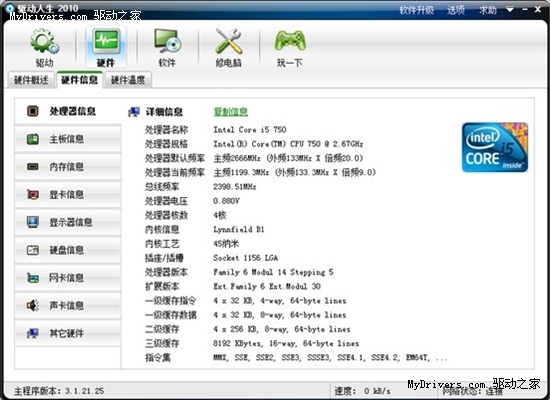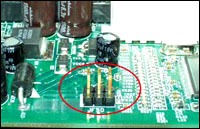本文实例讲述了Zend Framework动作助手Url用法。分享给大家供大家参考,具体如下:
Url主要用于创建url;
public function simple($action, $controller = null, $module = null, array $params = null)public function url($urlOptions = array(), $name = null, $reset = false, $encode = true)public function direct($action, $controller = null, $module = null, array $params = null)
<?phpclass IndexController extends Zend_Controller_Action{ public function init() { /* Initialize action controller here */ } public function indexAction() { //$urlParser = $this->_helper->getHelper('UrlParser'); //var_dump($urlParser->parse('http://www.vevb.com/article/80479.htm')); $url = $this->_helper->getHelper('Url'); $action = 'actionname'; $controller = 'controllername'; $module = 'modulename'; $params = array('param1'=>'中文参数'); var_dump($url->simple($action, $controller, $module, $params)); $urlOptions = array( 'action'=>$action, 'controller'=>$controller, 'module'=>$module, 'params'=>$params); var_dump($url->url($urlOptions)); var_dump($url->direct($action, $controller, $module, $params)); exit; }} www.localzend.com/helper_demo1/public/index
string(101) "/helper_demo1/public/modulename/controllername/actionname/param1/%E4%B8%AD%E6%96%87%E5%8F%82%E6%95%B0"
string(101) "/helper_demo1/public/modulename/controllername/actionname/params/%E4%B8%AD%E6%96%87%E5%8F%82%E6%95%B0"
string(101) "/helper_demo1/public/modulename/controllername/actionname/param1/%E4%B8%AD%E6%96%87%E5%8F%82%E6%95%B0"
实现源码如下:
/** * @see Zend_Controller_Action_Helper_Abstract */require_once 'Zend/Controller/Action/Helper/Abstract.php';/** * Helper for creating URLs for redirects and other tasks * * @uses Zend_Controller_Action_Helper_Abstract * @category Zend * @package Zend_Controller * @subpackage Zend_Controller_Action_Helper * @copyright Copyright (c) 2005-2011 Zend Technologies USA Inc. (http://www.zend.com) * @license http://framework.zend.com/license/new-bsd New BSD License */class Zend_Controller_Action_Helper_Url extends Zend_Controller_Action_Helper_Abstract{ /** * Create URL based on default route * * @param string $action * @param string $controller * @param string $module * @param array $params * @return string */ public function simple($action, $controller = null, $module = null, array $params = null) { $request = $this->getRequest(); if (null === $controller) { $controller = $request->getControllerName(); } if (null === $module) { $module = $request->getModuleName(); } $url = $controller . '/' . $action; if ($module != $this->getFrontController()->getDispatcher()->getDefaultModule()) { $url = $module . '/' . $url; } if ('' !== ($baseUrl = $this->getFrontController()->getBaseUrl())) { $url = $baseUrl . '/' . $url; } if (null !== $params) { $paramPairs = array(); foreach ($params as $key => $value) { $paramPairs[] = urlencode($key) . '/' . urlencode($value); } $paramString = implode('/', $paramPairs); $url .= '/' . $paramString; } $url = '/' . ltrim($url, '/'); return $url; } /** * Assembles a URL based on a given route * * This method will typically be used for more complex operations, as it * ties into the route objects registered with the router. * * @param array $urlOptions Options passed to the assemble method of the Route object. * @param mixed $name The name of a Route to use. If null it will use the current Route * @param boolean $reset * @param boolean $encode * @return string Url for the link href attribute. */ public function url($urlOptions = array(), $name = null, $reset = false, $encode = true) { $router = $this->getFrontController()->getRouter(); return $router->assemble($urlOptions, $name, $reset, $encode); } /** * Perform helper when called as $this->_helper->url() from an action controller * * Proxies to {@link simple()} * * @param string $action * @param string $controller * @param string $module * @param array $params * @return string */ public function direct($action, $controller = null, $module = null, array $params = null) { return $this->simple($action, $controller, $module, $params); }} 
















